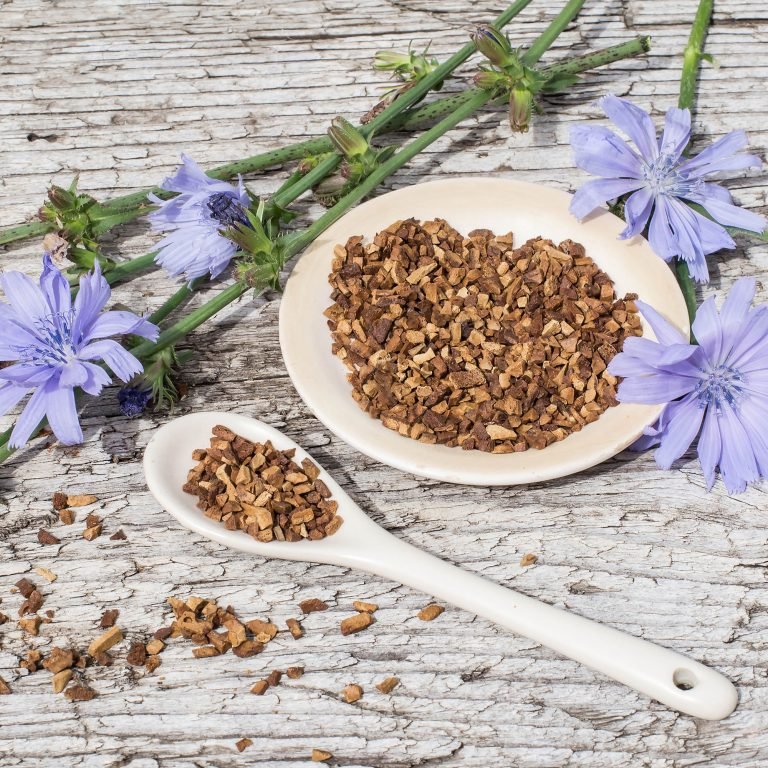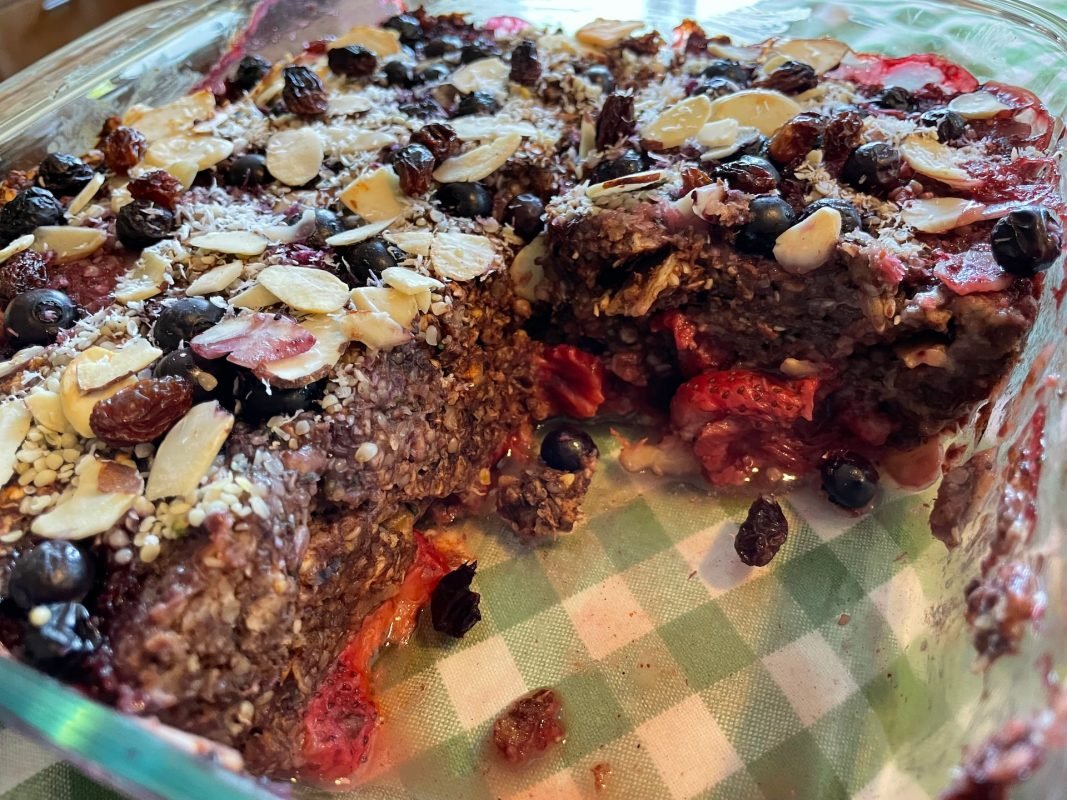Black Cumin
Black Cumin: The Miracle Herb You May Never Have Head About

What is one of the most potentially powerful herbs you can take for your health? It is so helpful that it has been called “miracle” and “healing” herb in history, going back to pre-Biblical times. It was found cached in King Tut’s tomb, for example. Among Muslims, it was mentioned in one of the Prophetic hadith as being able to cure all diseases except death and recommended for use on a regular basis in Prophetic Medicine (Tibb-e-Nabwi). It has been and still is widely used in the Indian Unani and Ayurveda traditional systems of medicine, along with different indigenous and folk medicines in many places around the world.
If you guessed Black Cumin, you are correct! A spice widely used in Indian and Middle Eastern cuisine that has a peppery flavor, Black cumin is not actually cumin, but Nigella sativa, or simply black seed. Traditional uses of it were for respiratory system maladies, diseases of the digestive tract, kidney, liver, cardiovascular and immune system and for general well-being. It was also widely used for hypertension, diuretics, digestive, anti-diarrheal, analgesics, anti-bacterial and in skin disorders.
Despite the renown of Black cumin for its therapeutic effects, it has only been clinically tested in the recent modern era. However, there are now over a thousand papers in medical literature on it. Some of these, too, include the word “miracle herb” in the title or text.
And the reviews of the testing and randomized controlled clinical trials do indeed bear out Black cumin’s potential for healing. They show that daily black cumin consumption can significantly improve cholesterol, triglycerides, blood pressure and blood sugar.

One study found that postmenopausal women taking less than a quarter teaspoon, (1 gram) a day, had reductions of LDL cholesterol of 27 percent on average after two months. These are results you might expect from a statin drug, without the side effects, expense and need to get a prescription.
Actually, the two main side effects that one does experience from regular consumption of Black cumin are something most would find quite positive: mitigation of excess appetite and weight loss! Black cumin does not actually “heal” from what the science show. The good effects from it appear to require sustained use of Black cumin. Cholesterol levels start to elevate again if use of the spice stops.
For potential help with weight loss, the latest systematic review and meta-analysis of randomized controlled weight loss trials has found that a quarter teaspoon of black cumin powder every day does appear to cause weight loss within a span of a few months.
The major therapeutic component of Black cumin appears to be due to the presence of thymoquinone (TQ), a major active chemical component of Black cumin essential oil. However, Black cumin also contains many other active compounds in varying amounts, some of which also seem to have positive therapeutic effects. Perhaps the most interesting of those is saponin, a potential anti-cancer agent.
Black cumin seeds also contain beta-carotene, which is converted into Vitamin A by the liver as well as beneficial unsaturated fatty acids, like linoleic acid and oleic acid. Other components of Black cumin have potent antioxidant properties. All of this points to the whole food version of Black cumin, as being of the most potential value to you and your health, not extracts of it that are commonly peddled.
Today, it seems there are countless “new” and “amazing” substances out there being promoted by the nutritional supplement industry. However, only a fraction of them have real and extensive clinical science backing their potential benefits for you.
Black cumin sits solidly in this latter category.
References:
Nigella sativa L. (Black Cumin): A Promising Natural Remedy for Wide Range of Illnesses
https://www.ncbi.nlm.nih.gov/pmc/articles/PMC6535880/
A review on therapeutic potential of Nigella sativa: A miracle herb. Asian Pac J Trop Biomed. 2013;3(5):337-52.
https://www.ncbi.nlm.nih.gov/pmc/articles/PMC3642442/
Nigella sativa (black seed) effects on plasma lipid concentrations in humans: A systematic review and meta-analysis of randomized placebo-controlled trials
https://iris.unito.it/retrieve/handle/2318/1562112/569262/Pharm-Res_manuscript_revised.pdf
A systematic review and meta-analysis of randomized controlled trials investigating the effects of supplementation with Nigella sativa (black seed) on blood pressure
https://pubmed.ncbi.nlm.nih.gov/27512971/
Nigella sativa improves glucose homeostasis and serum lipids in type 2 diabetes: A systematic review and meta-analysis
https://pubmed.ncbi.nlm.nih.gov/29154069/
Effect of Nigella sativa seeds on the glycemic control of patients with type 2 diabetes mellitus
https://www.academia.edu/26389929/Effect_of_Nigella_sativa_seeds_on_the_glycemic_control_of_patients_with_type_2_diabetes_mellitus
Alternative supplement for enhancement of reproductive health and metabolic profile among perimenopausal women: a novel role of Nigella sativa
https://www.ncbi.nlm.nih.gov/pmc/articles/PMC4387233/
A randomized controlled trial on hypolipidemic effects of Nigella Sativa seeds powder in menopausal women
https://pubmed.ncbi.nlm.nih.gov/24685020/









